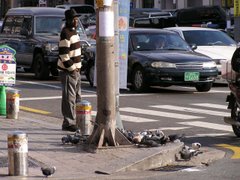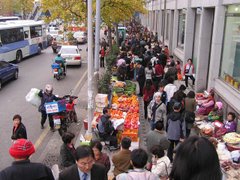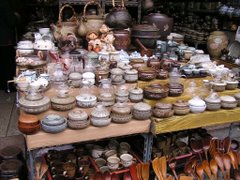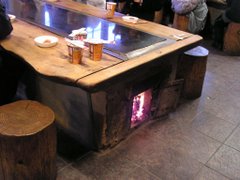With the De La Salle University celebrating its centennial year, it is very timely that I want to create these new courses to be offered to our college students. This is the century of technology and social systems convergence, the rise of the superusers and the milleneal learners. So there is the great need to prepare our students. But of course it also meant preparing our teachers and facilitators of the courses as well as strong focus on the throughput of the course design.
Here are my initial thoughts and I hope to get some feedback as well.
DIGITAL CULTURES IN DIGITAL SETTINGS (free elective)
In the advent of massive creation of content, socialization of spaces, drive for high interoperable information and communication and the readwrite web, many transformations are also happening in our everyday practices of technologies. The web that we had been accustomed have also created a metamorphosis of subcultures we have not imagined like the subcultures of speed, subcultures of conversations, subcultures of screens, subcultures of non-privacy or even subcultures of copyleft.
The course in Digital Cultures is very fresh, an offshoot of the strong immersion of people in the use of the web technology and the demands of urban setting lifestyle. The course explores the new ecosystem of digital cultures, the various facets, the roots and impact of these subcultures to our everyday lives.
methodologies: collaborative web-based project, blogging, online engagements
NETWORK SOCIETY, ICT AND THE NEW MEDIA (professional elective)
The course views the present societies evolving in an era of networks, technologies and many dependencies on each other. There is also a great demand for the generation of information and knowledge that may leverage the power level in societies.
In an era when the ‘internet access’ becomes a human right, technologies play a key role for societies to be able to govern, participate, mediate or even deliver goods and services to its constituents. Technologies are also seen to provide capacities to societies to synergize in the global networked environment.
The course also includes the role of the new media as a technology in empowering citizens to participate responsibly or irresponsibly.
methodologies: seminars, joint paper research and writing (and maybe a field trip to Shanghai, Seoul or Taipei--these cities are highly connected cities)
INTERCULTURALISM & SUSTAINABLE DEVELOPMENT (free elective)
This course provides a long strand of global perspectives on interculturalism. It intends to broaden the view of Filipino university students on the many benefits that can be gained on the cross-exchange of knowledge and practices brought about by interculturalism. It also entails uncovering the many barriers and issues in carrying out these ideas.
The course also explores the power of technology to mediate, enhance, empower or even engage small and big communities from different geographical locations to grow and learn from one another.
methodologies: field trip with ‘play’ workshop, online interactions, some plenary lectures, may also have a visiting lecturer
*The course is an adaptation of Ase Bjurstrom’s course in Sweden.
ROLE OF SOCIAL MEDIA IN EMERGENCY MANAGEMENT (professional elective)
The course provides exposure on the non-mainstream use of social media with emphasis on the area of emergency management. It looks into various types and categories of emergencies, how social media and other related ICT tools can support the prevention, monitoring, reporting, escalating and mapping of the different emergency incidents.
The course also looks into existing case studies and the students are encouraged to create their own model of emergency reporting with the use of social media and web tools.
methodologies: study of past emergency cases, creation of emergency reporting model and mashed-up of web tools
Details will soon to follow.
Subscribe to:
Post Comments (Atom)








No comments:
Post a Comment